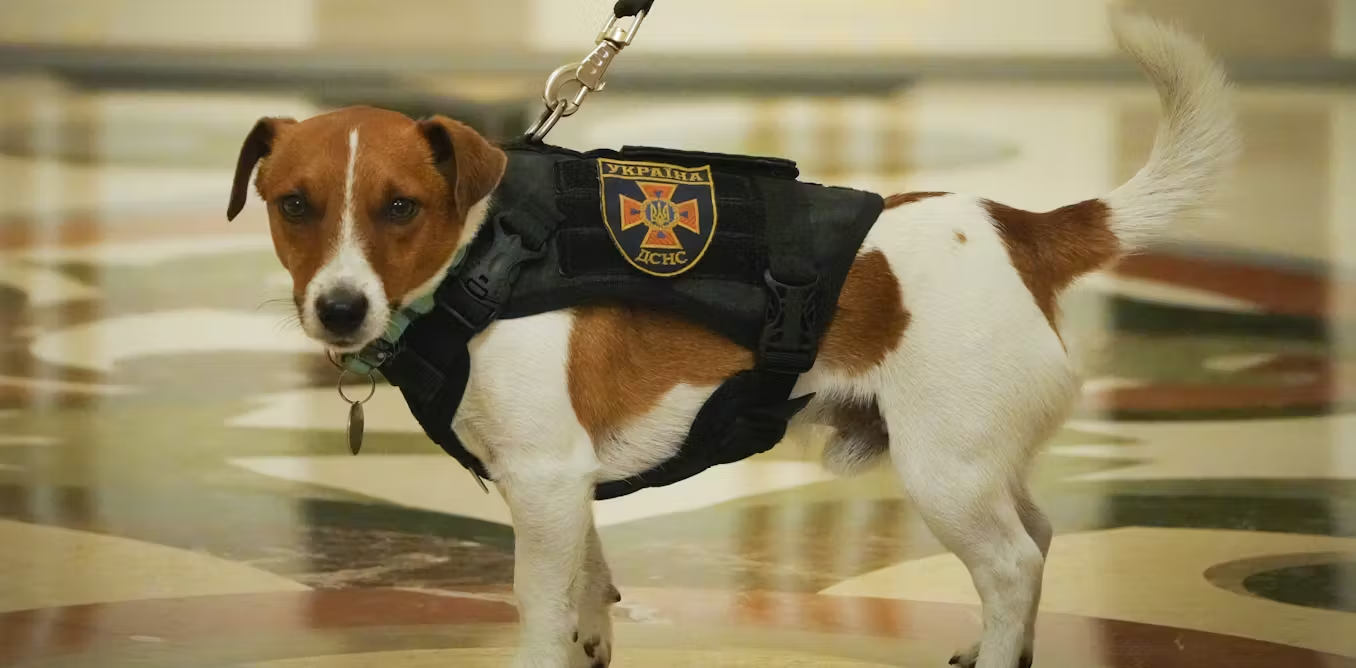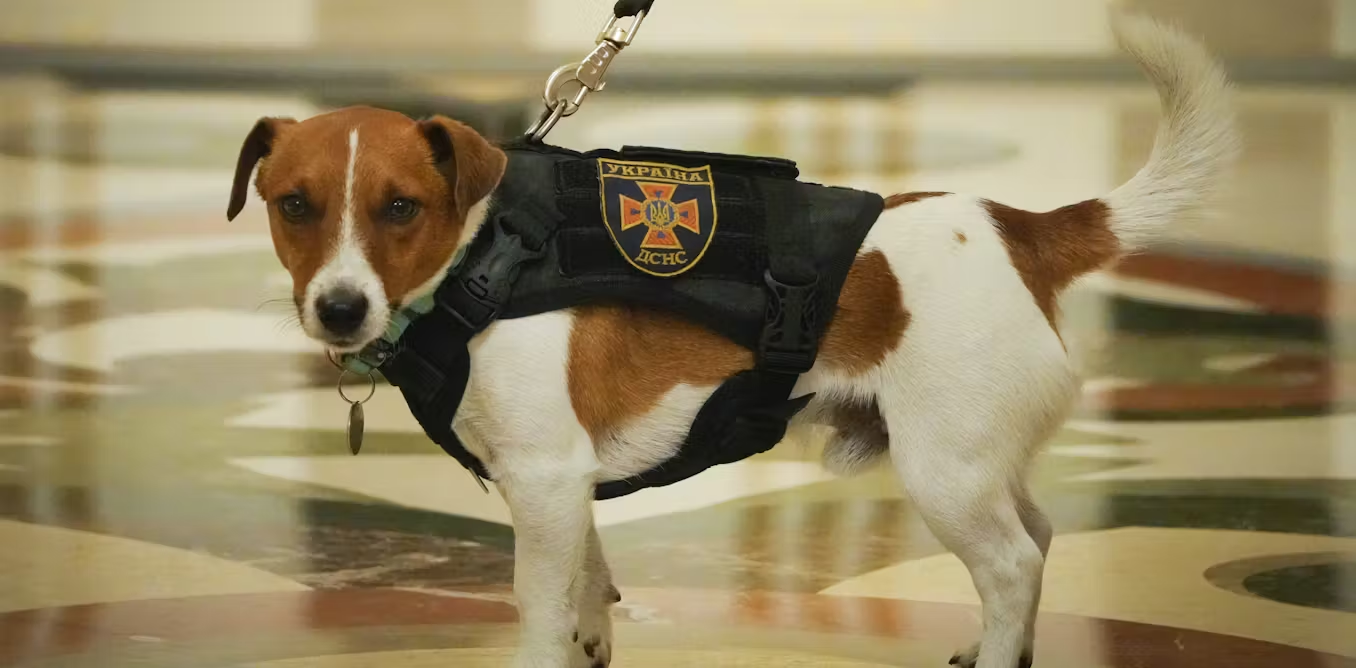What are the functions of the school counselor?
What are the functions of the school counselor?
The functions performed by an educational psychologist are numerous and diverse.

Again, they vary depending on the chosen specialty and work environment.
Since kindergartens and primary schools do not host the same type of student body as secondary schools, and needs also vary, it is essential to distinguish between the functions of the educational counselor according to the stage.
Of course, their primary goal remains the academic success of each student.
Therefore, this common thread will be the one that will encompass all the activities and teaching methods implemented by the teaching teams.
When the educational counselor has an institute as his workplace, his mission is to support each adolescent as a counselor when choosing higher education or professional integration.
In this way, it fights against school dropout by guiding young people who have failed in school along technological and professional paths that are more appropriate to their profile and expectations.
With the help of individual evaluations and evaluations, a solution is found according to the psychological profile and academic abilities of each student.
Another fundamental mission of counselors is to promote the socialization of students and fight against isolation and bullying, which requires a common educational policy that involves the intervention of the teacher, the counselor, the nurse, the educational advisor and even the principal. .
It is materialized in the proposal of activities, workshops and joint activities where each child finds his place and interacts with the others.
As a vector of development and complicity, school must be the place where friendships originate in order to fully appreciate education.
The role of the school counselor is to ensure the proper integration of each student.
Another of the main missions of this profession is to ensure the protection and safety of each child.
At first, it is about promoting the development of class and play spaces for everyone, including students with some type of disability.
Second, the psychologist who works within a school environment must, due to their ability to observe, listen and analyze, interpret children’s behaviors.
They must be able to detect learning problems and offer the appropriate solution, such as the need to have sessions with a speech therapist, for example.
They must also be able to identify signs of abuse and involve social services while ensuring tailored psychological monitoring for the child in question.
Beyond the educational component, you must be able to detect the psychological distress of the children you help and use the tools at your disposal to help you both in school and in your private life.
The counselor’s missions include:
- Participate in the development of educational strategies and the educational project of the school
- Support children in the different cycles of their life and especially in adolescence
- Fight against prejudices of gender, color, disability or social status
- Promote dialogue between parents and children
- Consult, if necessary, a clinical psychologist when specific psychopathologies are detected. What are the functions of the school counselor?







